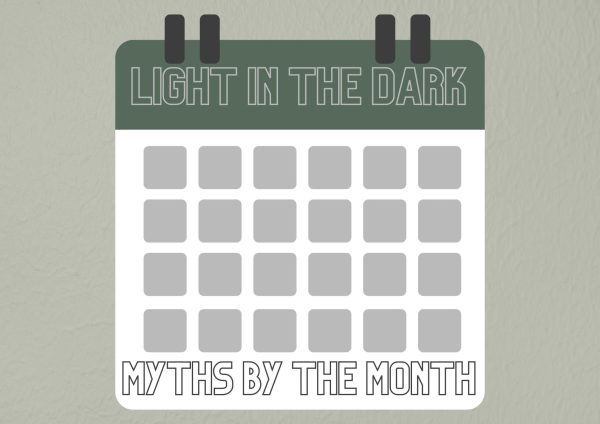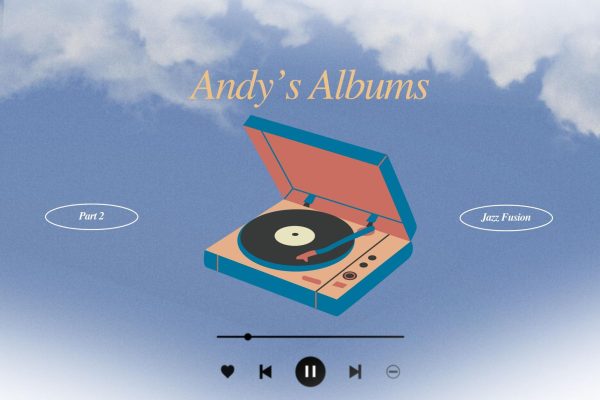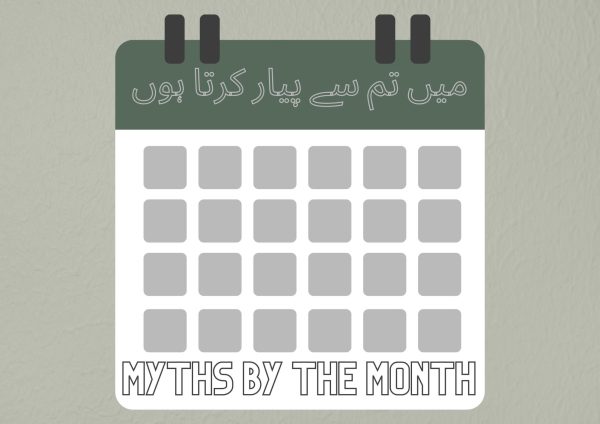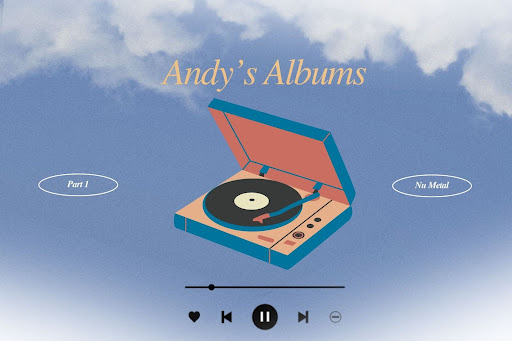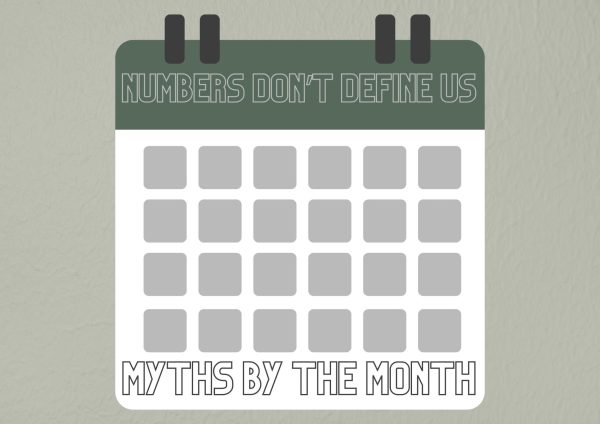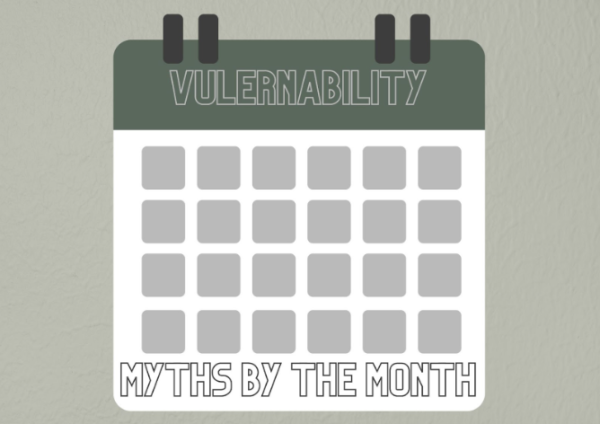The fall of the media
I can tell you who Adam Lanza, Dylann Roof and James Holmes are, but I can’t tell you a single one of their victims. And I’m sure you can do the same.
Each time a murder or a mass shooting occurs, the media seems to dig so deep into the past of the killer but ignores those of the victims. Sure, we see the occasional remembrance slideshow, but the amount of information that is found on the murderer might be scarier than the actual crime.
It’s almost like giving a toddler a piece of candy after they throw a fit, just in a more morbid sense. A lot of the time, these murderers want fame. They want their name plastered all over the news and social media. And that’s exactly what they get.
Playing into people’s macabre interest in death is precisely “the game” of the media. The more gruesome the details are, the more views they get. It’s disheartening, as a future journalist, to see that the very pillars that journalism was built on are being torn down by the media spotlighting the wrong sort of stories.
Obviously I’m biased, because I think of journalism as a noble profession. Journalists tell stories. Journalists report the news. Journalists don’t write over-embellished stories about whether or not a mass murderer was abused as a child leading to them shooting up a school.
It’s an extreme example, but it’s true to say stories blown out of proportion are taking over our news websites, social media and daily conversations. The minute a tragic event happens, we tend to turn into a mad speculative mob.
So who’s fault is it? The media for catering to the “demands” of their audience, or the audience for wanting that kind of content? We could point fingers all day, but this is what we, as a society, have turned into. And not in a bad sense.
By sensationalizing these awful people who commit awful crimes, we shield ourselves from the true horror that person has created. We move on from tragedy by creating “a monster,” someone who we all can hate together. This helps us heal, just in a pretty messed up way.
In the end, it’s up to the media to give us less of the content we want to see, and more of the content we need to see. We need to see the news, what’s happening all over the world, not a manipulated version of it. But it’s also up to us to realize that we need to focus less on the evils of the world and more on what we can do to change those evils.
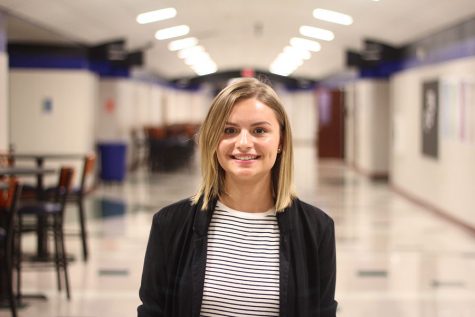
Senior Megan Oosthuizen is the editor-in-chief and this is her fourth year on staff. She lives and breathes newspaper, but still struggles to find a career...



